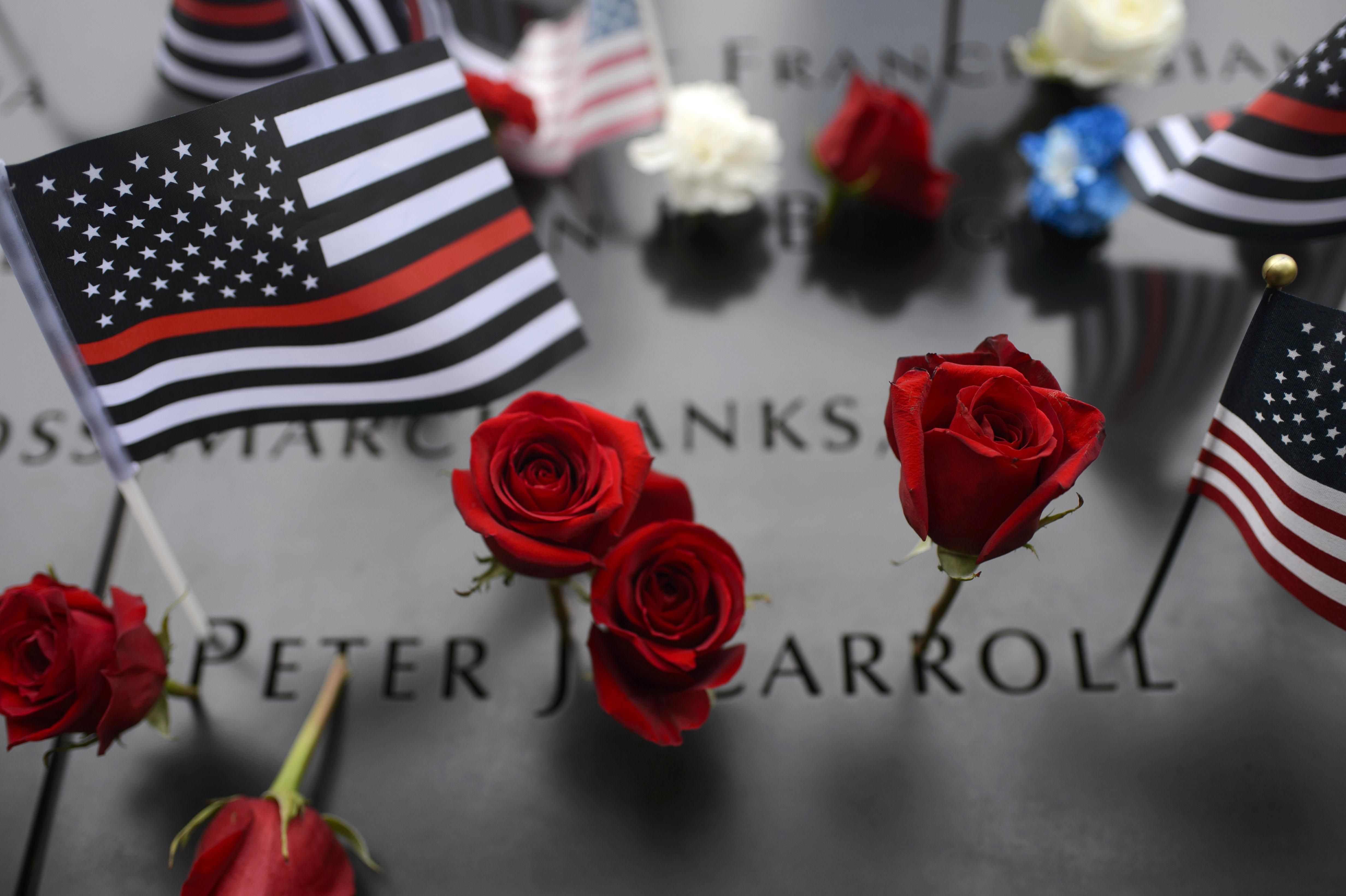Hard Numbers: 9/11 plea deal, Caribbean referendum, Chinese loans, Mali’s leverage
21: Twenty-one years after 9/11, Khalid Sheikh Mohammed, the mastermind of the attacks, is still awaiting trial. And he may still avoid it — KSM’s lawyers and prosecutors are now reportedly negotiating a plea deal that would see him and four co-defendants escape the death penalty and remain detained at Guantánamo Bay for the near future, to the dismay of victims' families.
3: The tiny Caribbean island nation of Antigua and Barbuda will vote within three years on ditching King Charles III as its head of state to become a republic. The death of Queen Elizabeth II has reignited the debate over the monarchy in several Commonwealth countries — including Australia, where current PM Anthony Albanese is a known republican.
32.83 billion: China forked out $32.83 billion in emergency loans to three cash-strapped countries — Argentina, Pakistan, and Sri Lanka — since 2017, according to a new study. Most of the cash went to avoid default on money owed to Chinese banks for infrastructure projects under the Belt and Road Initiative.
64: Mali's junta says it needs "compensation" in order to release 64 Ivorian soldiers detained since July despite being hired as UN peacekeepers. Bamako wants the Ivory Coast to hand over Malian opposition politicians who fled after the 2020 coup and were granted political asylum in the neighboring country.